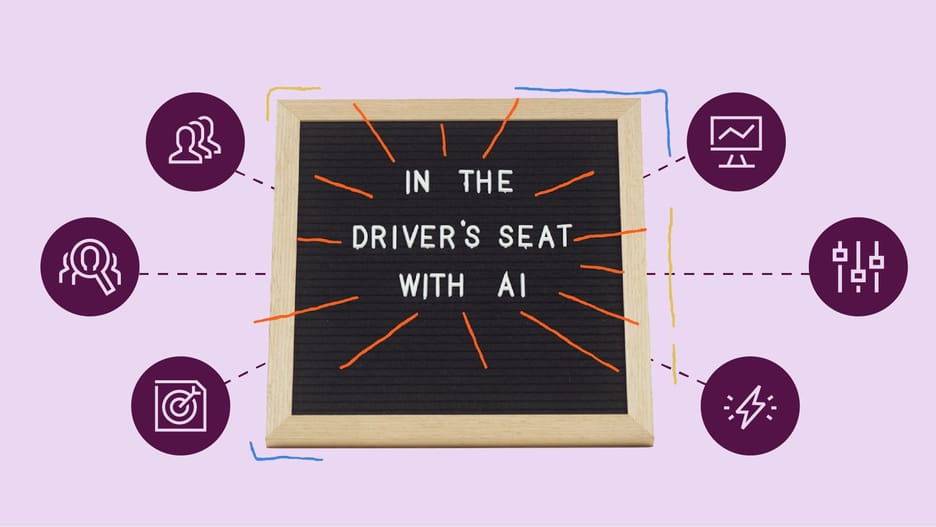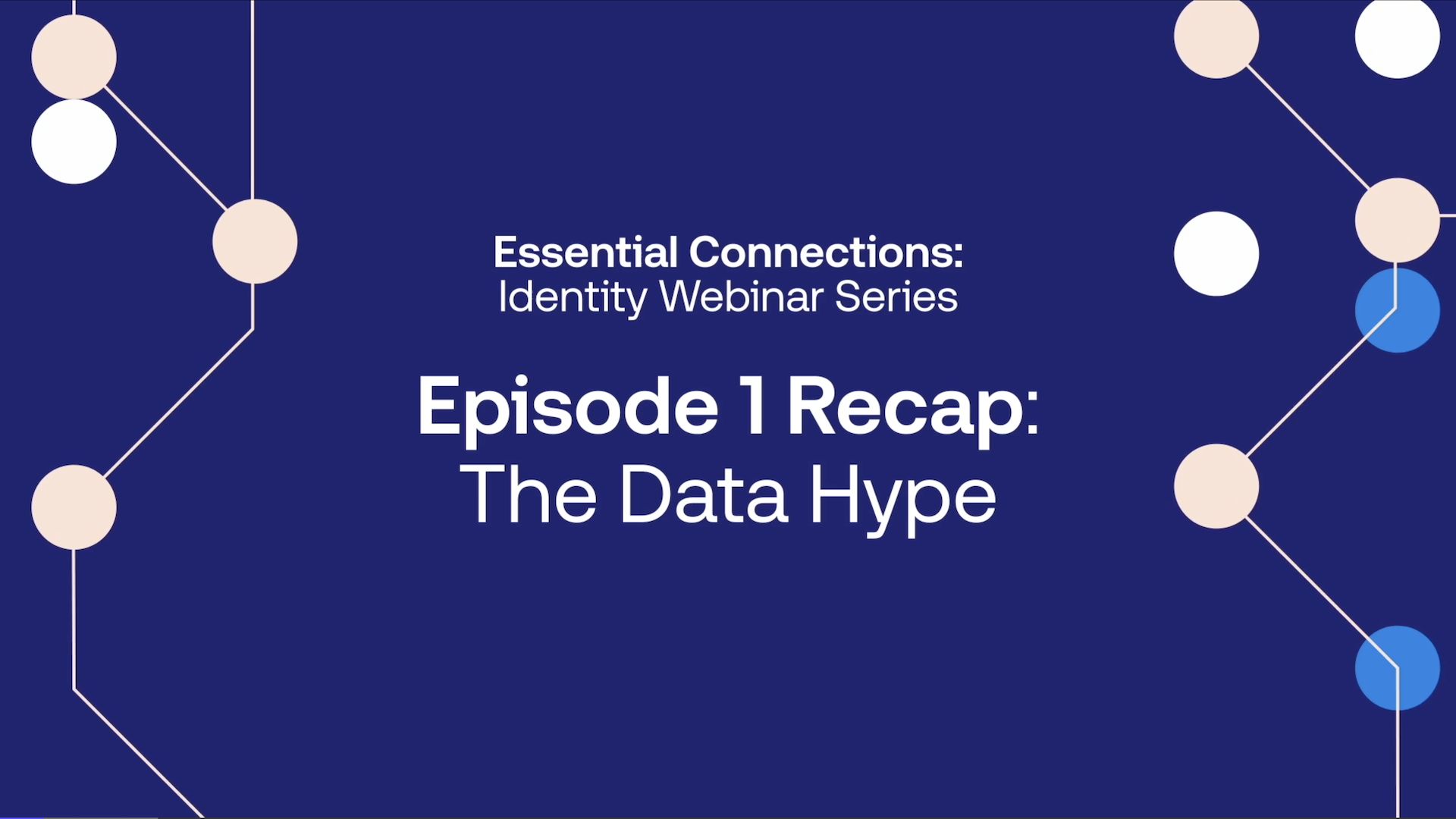
Share:
The Trade Desk hosted “Essential Connections: The Data Hype,” a webinar aimed at helping advertisers across Europe challenge assumptions and rethink how first-party data powers advertising performance.
The panel brought together two seasoned leaders: Jenny Bullis, CEO U.K. and Ireland at Dentsu Media, and Dylan Mouratsing, U.K. managing director at Annalect (OMG). It was cohosted by The Trade Desk’s Anna Schmitt, senior product marketing manager, and Stu Colman, senior director of European identity.
When asked via survey if first-party data was essential, event attendees overwhelmingly agreed: 79% called it either vital or essential alongside other data strategies.
See if your current data strategy is enabling you to unlock your brand’s full growth potential with these event takeaways:
1. AI relies on quality inputs
As AI plays a growing role in media decisioning, the relationship between AI and marketers is shifting. Rather than displacing human strategy, the best AI systems operate as co-pilots — amplifying advertiser input and enabling smarter, more informed decisions.
First-party data plays a vital role in this dynamic. When marketers bring their own data to the table, they are directing AI systems. This ensures that automation works in service of brand goals, not in place of them.
Learn how The Trade Desk’s AI integrations put traders in the driver’s seat, helping them manage their campaigns more efficiently.

2. First-party data signals maturity
Brands prioritizing first-party data are signaling a more mature, privacy-conscious approach to advertising.
Privacy offers both an opportunity to demonstrate accountability, and a shift that may separate leaders from laggards in digital maturity.
3. Quality data sets beat large data sets
It’s a myth that effective first-party data activation requires massive CRM databases. Even small, high-quality datasets (such as email lists, loyalty interactions, or app usage) can be expanded through clean rooms, publisher partnerships, and modeling.
A smart strategy that uses data to its full extent beats sheer volume of data.
4. First-party data is foundational for modern measurement
In the era of incrementality testing and media mix modeling (MMM), measurement demands clean, consented data. First-party data allows brands to compare exposure versus control, assess true lift, and build long-term attribution frameworks.
It’s the baseline for meaningful measurement.
5. Responsible first-party data usage builds trust
Think of regulation as a consumer protection mechanism reshaping how marketers approach data with greater transparency and accountability. With frameworks like EUID, data clean room integrations, and privacy-conscious onboarding, we’re helping advertisers and publishers work together to deliver measurable, respectful outcomes.
If you’re keen to explore how first-party data can enable you to turn your customer insights into impactful advertising fueling long-term growth, contact us today.
More like this
Case Studies Our platform
Audi achieves 34x growth in first-party data, powering a major EV launch

Insights Omnichannel
For pharma marketers, connecting with HCPs starts with understanding their day

Case Studies Identity
Schwarzkopf Taft reaches 15% more households with CTV and Identity Alliance

